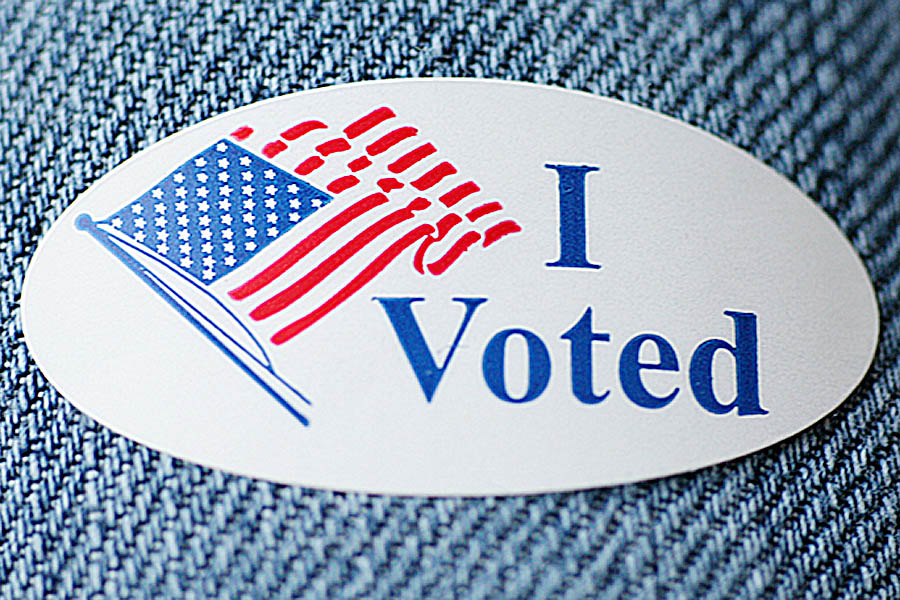As election season heats up, it& #39;s important not to leave kids out of the conversation. They& #39;re curious - and they are the voters of tomorrow. Here are some tips for talking about democracy with our youngest citizens. (thread)
When you talk with young kids about voting, focus on leadership qualities. A discussion about HOW we choose leaders and what makes a good one will be most helpful to them in the long run. They can look at current candidates and make their own decisions about who fits that bill.
If you have very young future-voters in the house, it may be best to skip the evening news and start with a story. Sharing books is a perfect way to spark conversations about big ideas.
Picture books about past presidents and voting rights will be a good place to start with younger readers, while older kids might enjoy organizing an election-themed family or classroom book club.
Here& #39;s one of my recent titles that& #39;s been popular this election season - THE NEXT PRESIDENT looks at what all the US presidents were doing before they made it to the Oval Office - from GW to DJT - and asks kids to wonder where our future presidents are right now.
Another recent release families are using to teach about elections & voting is HISTORY SMASHERS: WOMEN& #39;S RIGHT TO VOTE, our illustrated mixed-media book for kids aged 7-12 that aims to unravel some of the myths kids learn about the Suffrage Movement.
Pair these with picture book biographies of past leaders and current candidates for office. Newly released today is this one from @nikkigrimes9 & Laura Freeman.
And here& #39;s a great option for older elementary readers - SEE HOW THEY RUN by Susan Goodman explains things like political parties and the Electoral College.
Sharing stories is always a great way to spark conversations. And they can help kids begin to understand how our democracy works. When you explain things, think about what& #39;s developmentally appropriate for the kiddo asking the question.
Even the youngest citizens can understand the concept of voting when you introduce the idea at home. "Three people voted to have ice cream for dessert, and two voted for brownies – ice cream it is!" Explain to kids that this is also how our country chooses leaders.
Then let their questions be your guide as to how much more information to share in any given conversation. You’ll have plenty of time to explain things like political parties and the electoral college as they get older.
Also? Take your kids along when you vote – whether that’s by showing up at the polls in person or requesting and filling out a mail-in ballot. And talk about them as future voters, too. "When you turn eighteen, you’ll register to vote, and then it will be your turn!"
On Election night, you can plan a family democracy party. Kids can make decorations and snacks. Those old enough to stay up and watch results come in can keep track of things by coloring in states on a map. (though this year, that may end up being an extended project!)
It’s okay to share with kids when you’re excited, or disappointed, about election results. But whatever happens, remind them that voting is just one part of being a citizen.
The kids may have to wait a few more years to go to the polls, but other jobs, like writing letters, speaking up for change, and caring for their community, are open to everyone. And those are things we can all do, 365 days a year.

 Read on Twitter
Read on Twitter






